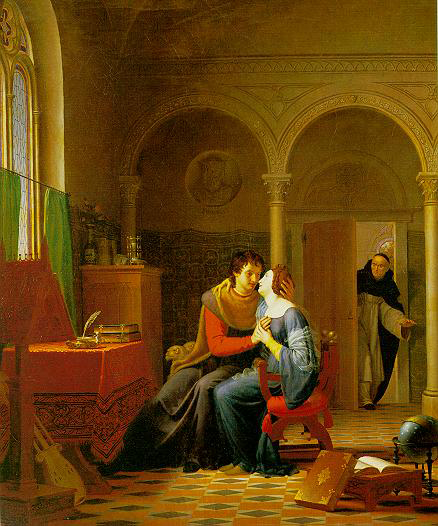From Shaw's introduction to
Major Barbara:
Captain Kidd would have marooned a modern Trust magnate for conduct unworthy of a gentleman of fortune.
And now for a few quotes from the play itself about the profession:
LADY BRITOMART: Oh, Adolphus Cusins will make a very good husband. After all, nobody can say a word against Greek: it stamps a man at once as an educated gentleman... (p.52)
LOMAX: Well, you must admit that this is a bit thick. LADY BRITOMART: Adolphus: you are a professor of Greek. Can you translate Charles Lomax's remarks into reputable English for us? CUSINS: If I may say so, Lady Brit, I think Charles has rather happily expressed what we all feel. Homer, speaking of Autolycus, uses the same phrase. πυκινὸν δόμον ἐλθεῖν means a bit thick. (p.62-3)
CUSINS: Let me advise you to study Greek, Mr. Undershaft. Greek scholars are privileged men. Few of them know Greek; and none of them know anything else; but their position is unchallengeable. Other languages are the qualifications of waiters and commercial travellers: Greek is to a man of position what the hallmark is to silver. (p.67)
CUSINS: ...the poor professor of Greek, the most artificial and self-suppressed of human creatures,... (p.96)
UNDERSHAFT: ...Can a sane man translate Euripides? (p.99)
STEPHEN: You must not mind Cusins, father. He is a very amiable good fellow; but he is a Greek scholar and naturally a little eccentric.
Adolphus Cusins is, for those yet unacquainted with the play or Shaw's circle of friends, modeled on Regius Professor of Greek
Gilbert Murray.




